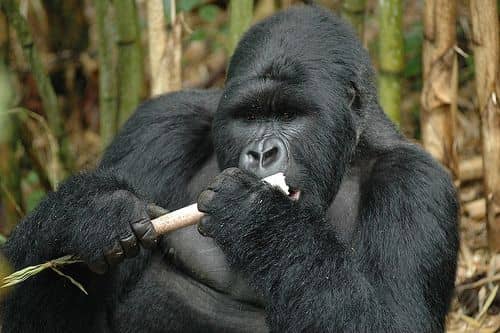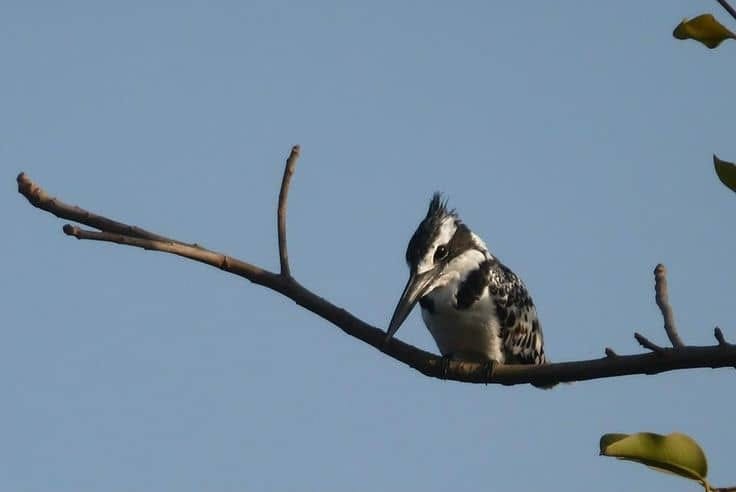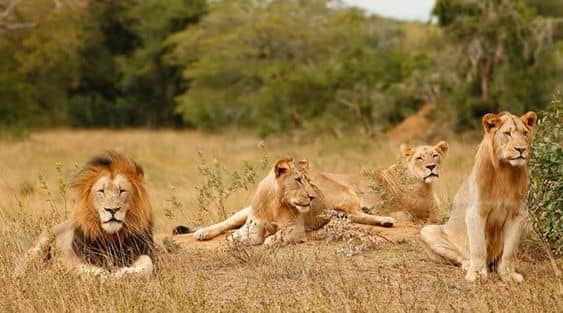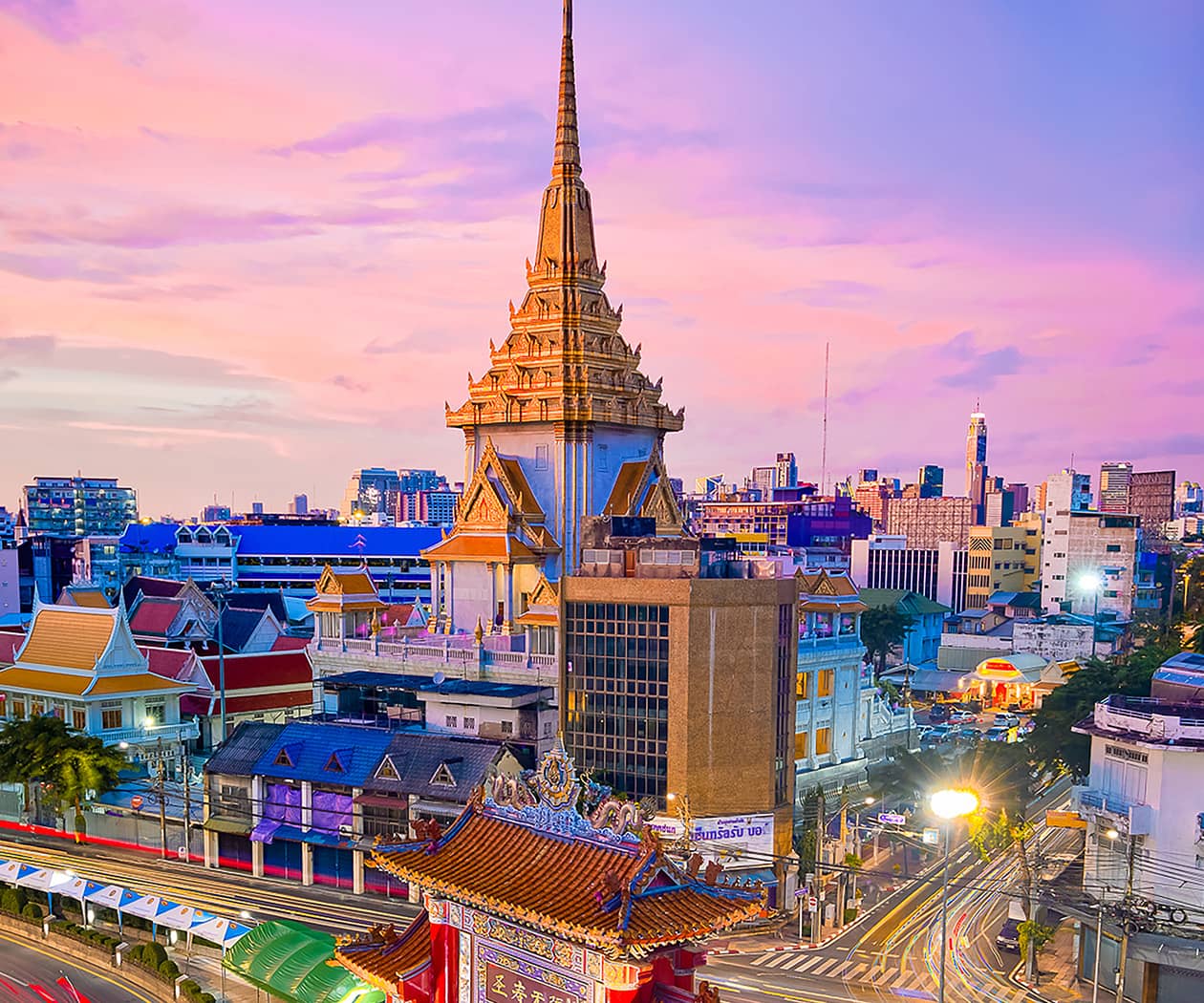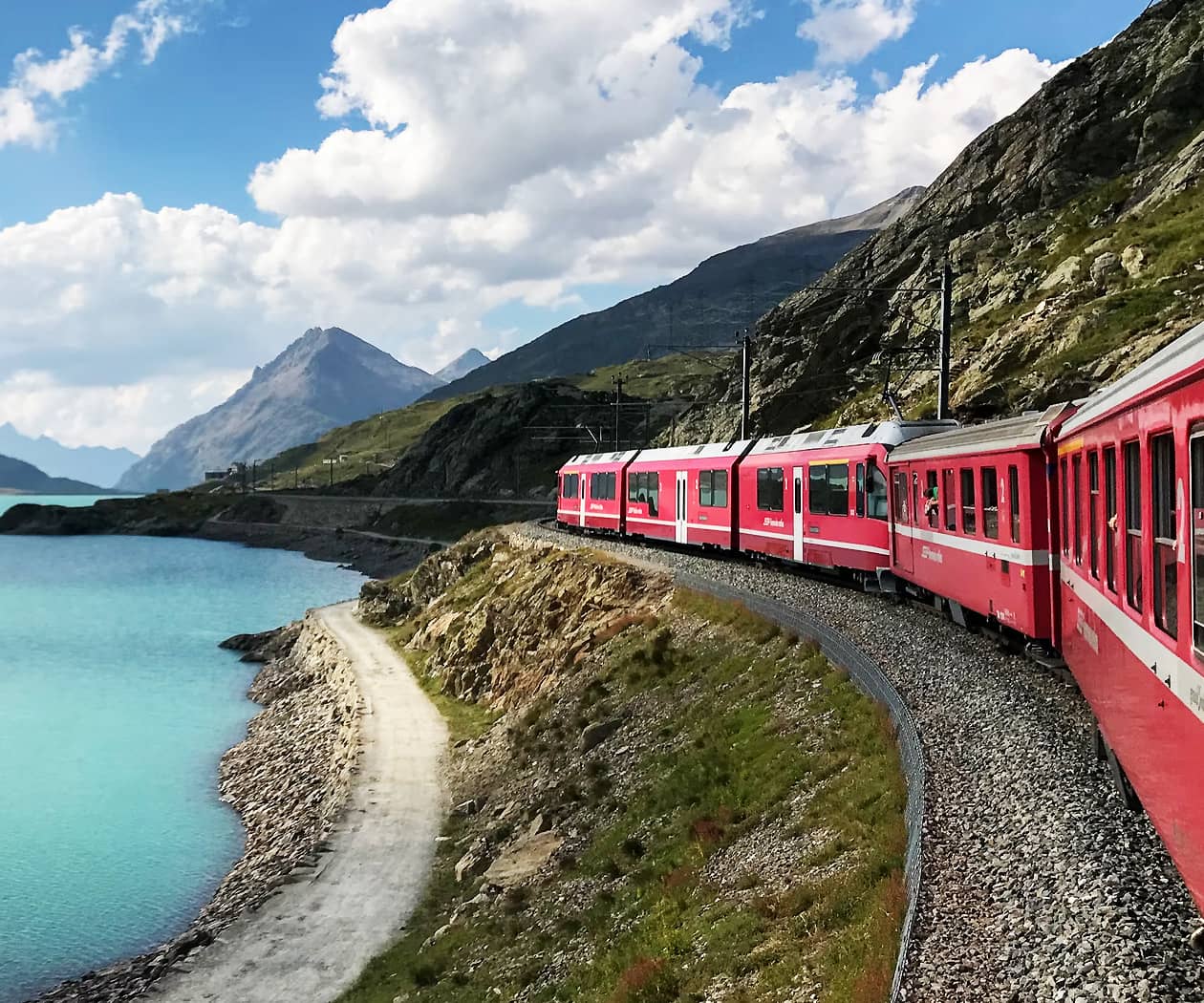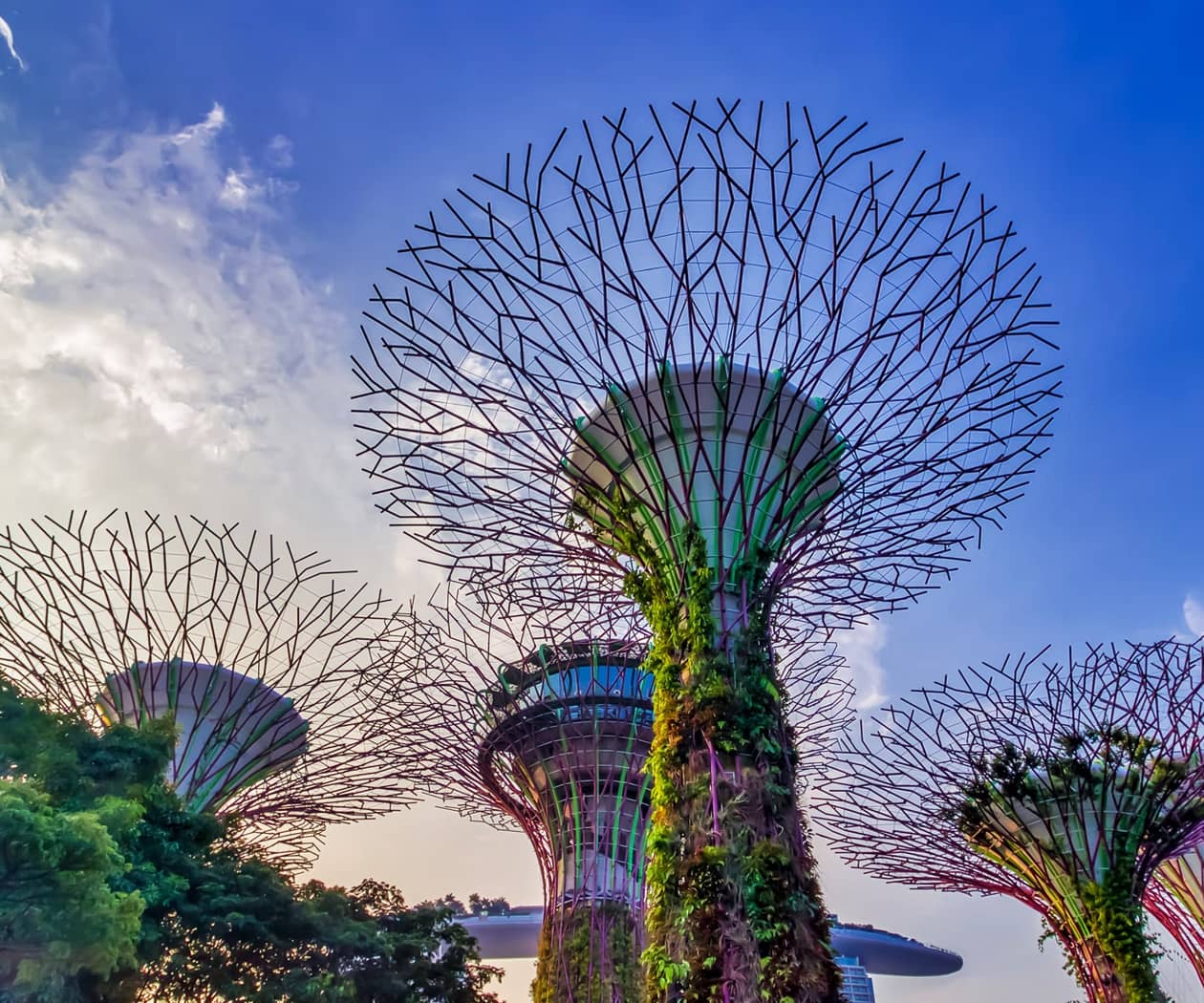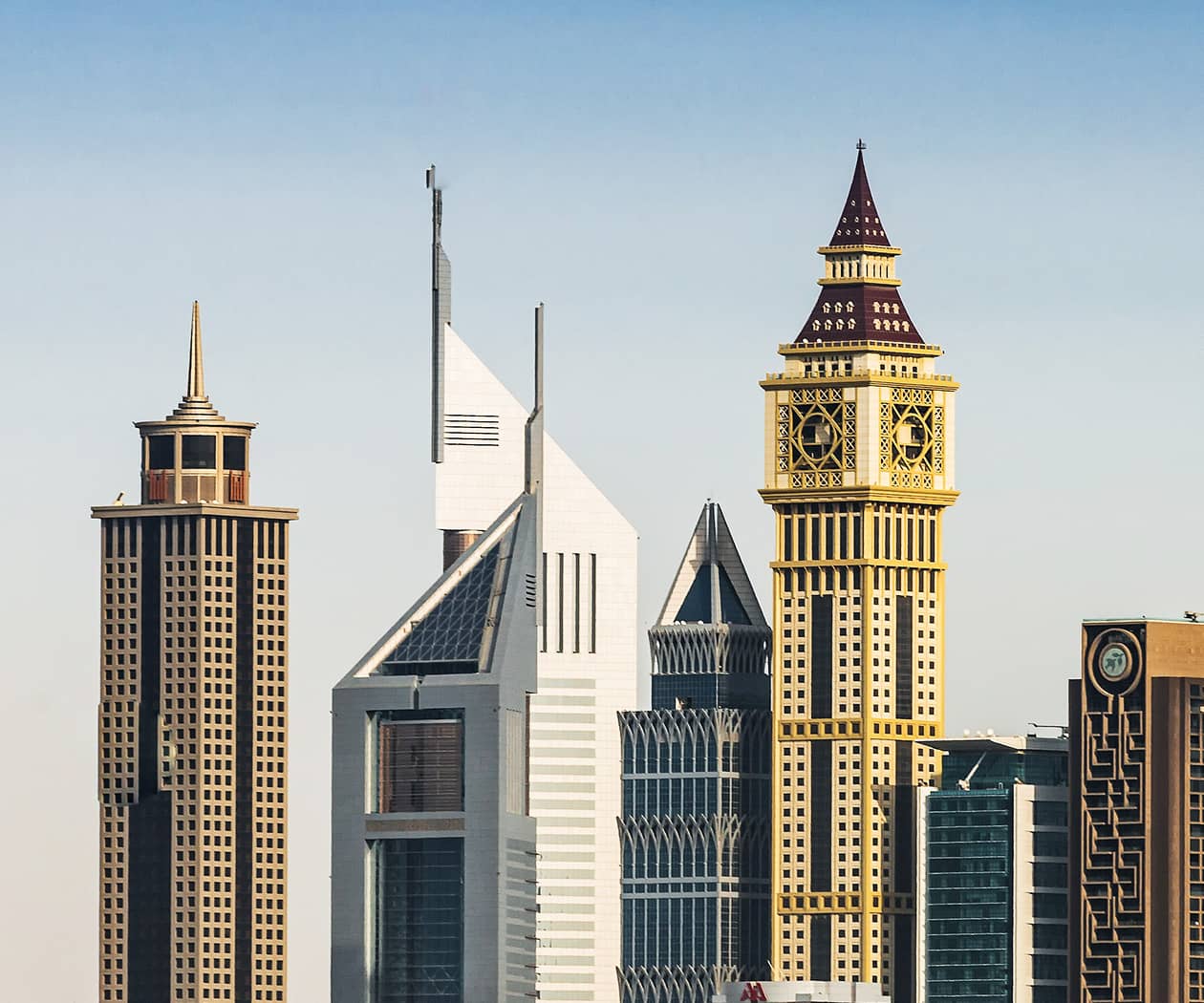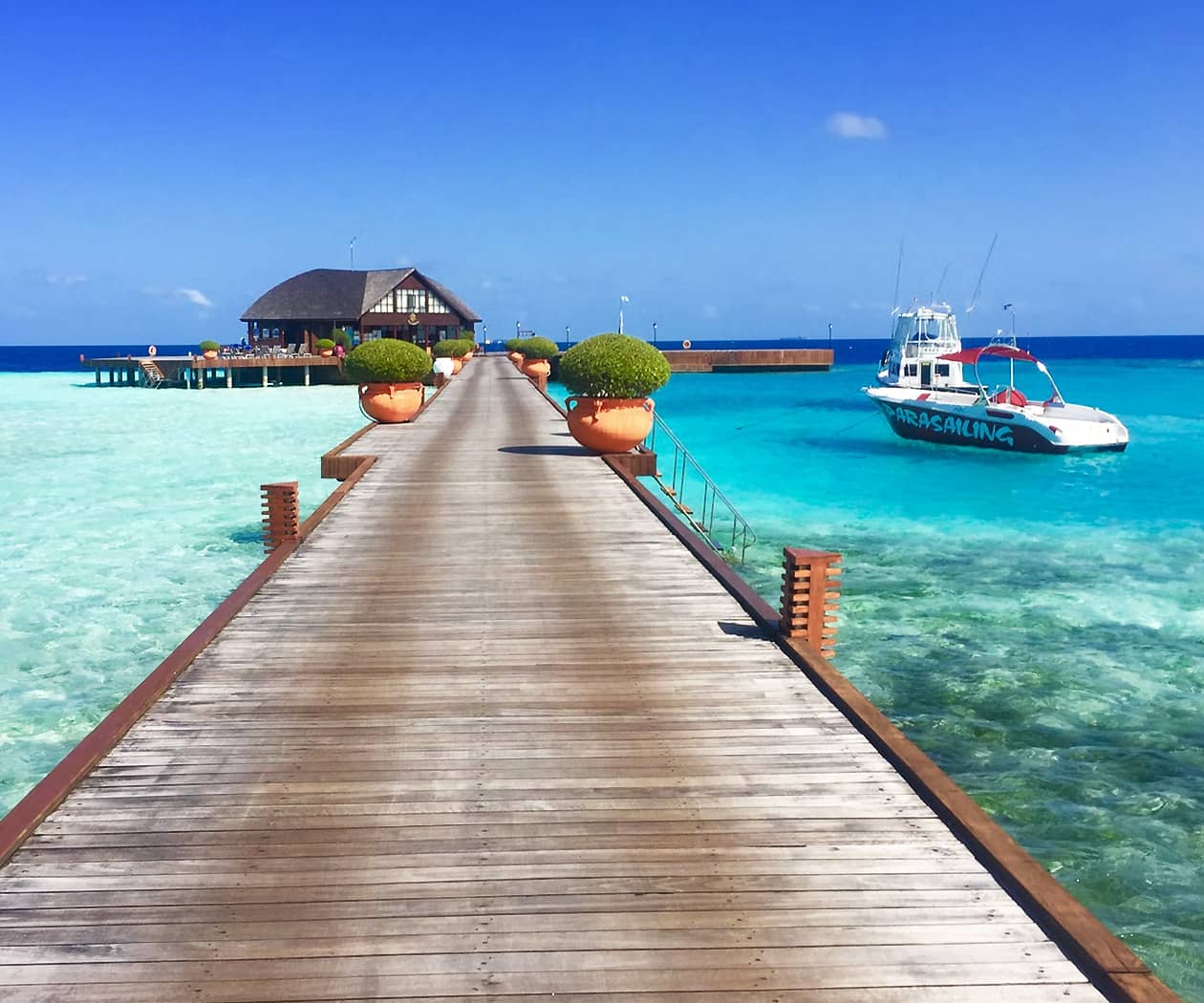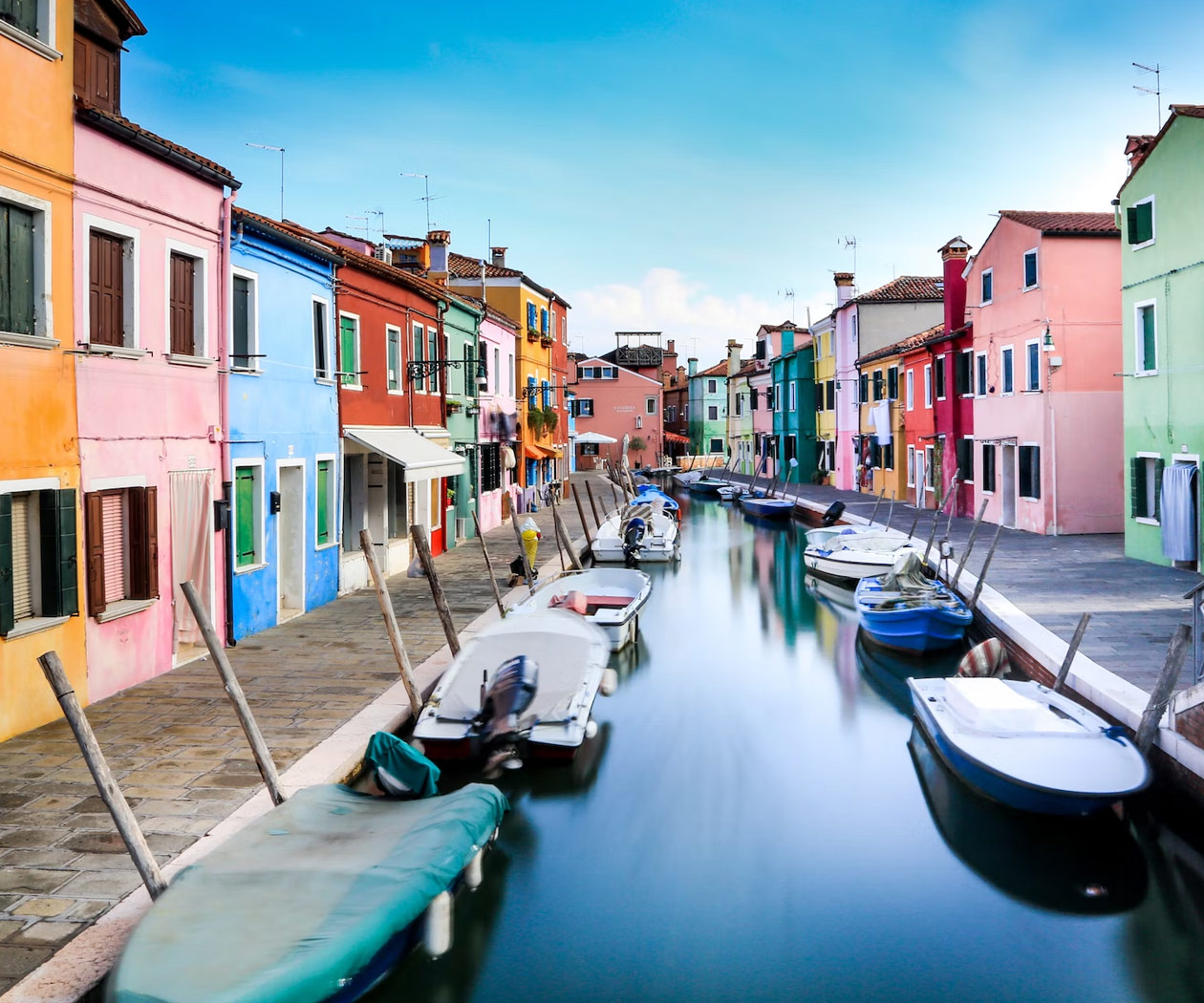How Tourism Supports Gorilla Trekking Conservation
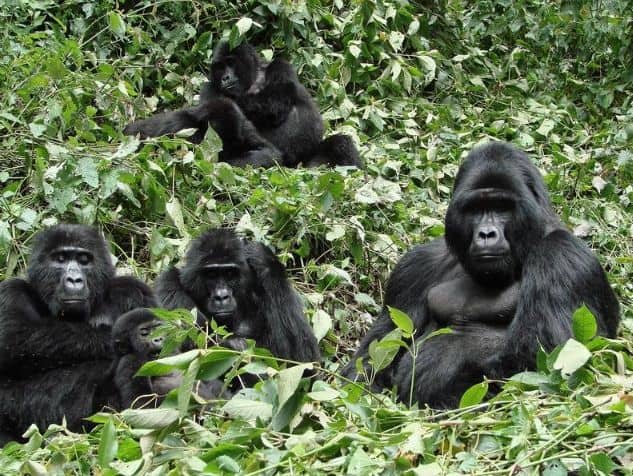
Every year, thousands of travelers venture into Uganda’s misty forests for a life-changing encounter with mountain gorillas. But beyond the awe-inspiring experience lies a deeper story: How Tourism Supports Gorilla Trekking Conservation. The fees paid by visitors directly fund habitat protection, anti-poaching efforts, and community development, making responsible tourism one of the most effective tools for saving these endangered primates.
In this blog, we’ll explore How Tourism Supports Gorilla Trekking Conservation through permit systems, community partnerships, and sustainable travel practices. You’ll see why your visit to Uganda does far more than create memories, it helps ensure gorillas thrive for generations to come.
1. The Permit System: Where Your Money Goes
Breaking Down the $800 Gorilla Permit
Each trekking permit sold in Uganda contributes to:
Ranger salaries – Over 500 trained rangers patrol Bwindi and Mgahinga parks daily
Veterinary care – Emergency medical treatment for gorillas injured by snares or illness
Habitat restoration – Reforestation projects to expand gorilla territory
Without visitor fees, these critical programs wouldn’t exist. Uganda’s mountain gorilla population has grown from 400 to over 500 since tourism began in 1991, proof that the model works.
2. Anti-Poaching Success Stories
From Poachers to Protectors
Many former poachers now work as:
-
Trackers ($300/month salary)
-
Lodge staff
-
Craft makers selling to tourists
How Tourism Supports Gorilla Trekking Conservation: By providing better incomes than illegal activities. In communities near Bwindi, over 60% of households now depend on tourism rather than hunting.
High-Tech Protection
Permit funds also buy:
⋆ Motion-sensor cameras
⋆ GPS collars to monitor gorilla movements
⋆ Night vision gear for ranger patrols
3. Community Benefits: Why Locals Protect Gorillas
Revenue Sharing Program
20% of permit fees go to:
→ Building schools (like Buhoma Community School)
→ Funding health clinics
→ Providing clean water systems
How Tourism Supports Gorilla Trekking Conservation: When villages prosper, they become gorilla guardians. Over $5 million has been invested in local projects since 1995.
Cultural Tourism Add-Ons
Visitors can:
• Take Batwa Pygmy forest walks ($30)
• Buy handmade baskets ($15-50)
• Stay at community-run lodges
These extras provide 400+ jobs while preserving indigenous knowledge.
4. Sustainable Lodges: Eco-Tourism in Action
Leading by Example
Top eco-lodges like:
♻ Clouds Mountain Gorilla Lodge (solar-powered)
♻ Buhoma Lodge (zero-waste policies)
♻ Sanctuary Gorilla Forest Camp (hires 90% locally)
What You Can Do
• Choose lodges with sustainability certifications
• Offset your carbon footprint
• Pack reusable water bottles
5. The Future: Challenges & Solutions
Overtourism Risks
• Strict 8-person group limits prevent gorilla stress
• New gorilla families are being habituated to spread visitor impact
Climate Change Threats
• Warmer temperatures may shift gorilla habitats higher
• Tourism funds climate adaptation research
How Tourism Supports Gorilla Trekking Conservation: Adaptive strategies ensure long-term protection as conditions change.
Your Role in the Story
Now that you understand How Tourism Supports Gorilla Trekking Conservation, here’s how to maximize your impact:
-
Book with reputable operators (ask about their conservation partnerships)
-
Follow all park rules (7-meter distance, no flash photos)
-
Extend your stay – Visit other parks to spread economic benefits
-
Share responsibly on social media (tag @UgandaWildlife)
By the Numbers: Tourism’s Conservation Impact
| Metric | 1991 | Today |
|---|---|---|
| Gorilla Population | 400 | 500+ |
| Annual Permit Revenue | $200K | $6M+ |
| Community Jobs Created | 50 | 5,000+ |
Final Thought: Travel That Truly Matters
Your gorilla trek does more than check a bucket list item, it actively safeguards a species. How Tourism Supports Gorilla Trekking Conservation proves that thoughtful travel can be one of the most powerful forces for good in nature preservation.
Ready to visit? Book your trek knowing every dollar spent helps protect Uganda’s gentle giants.
Have questions about responsible gorilla tourism? Ask below!

